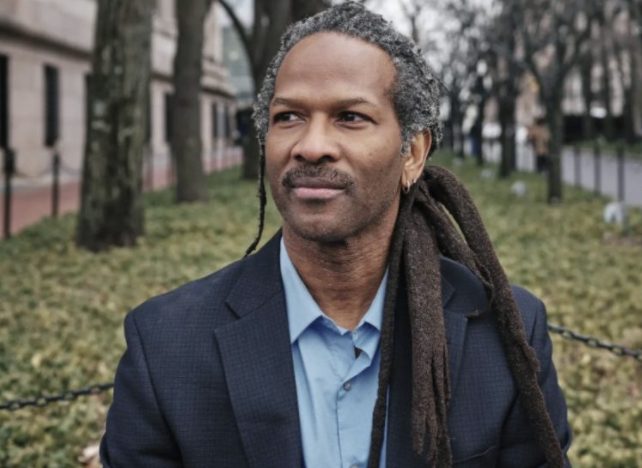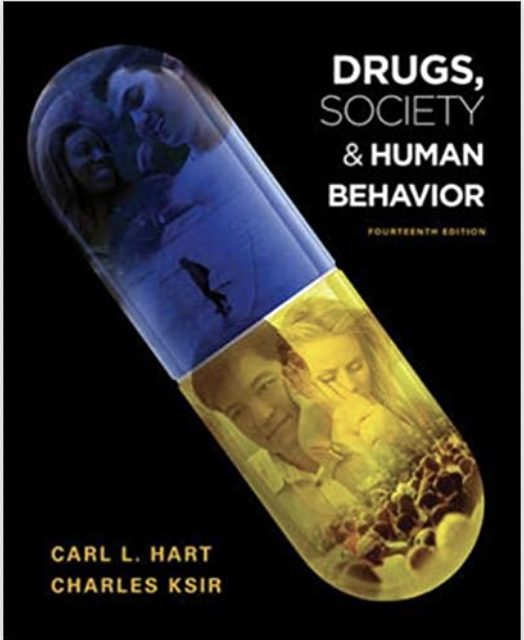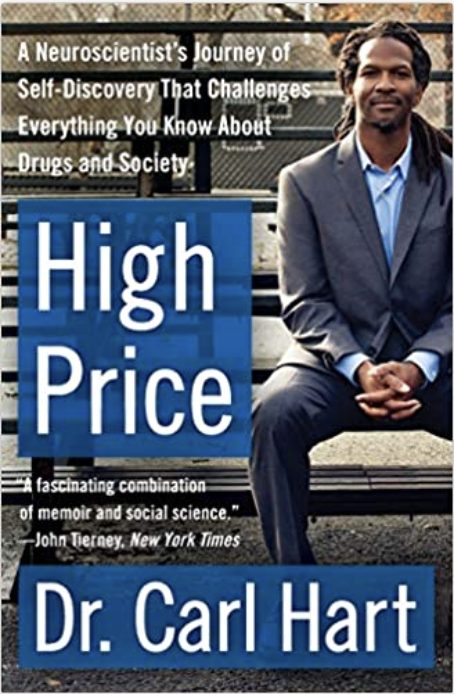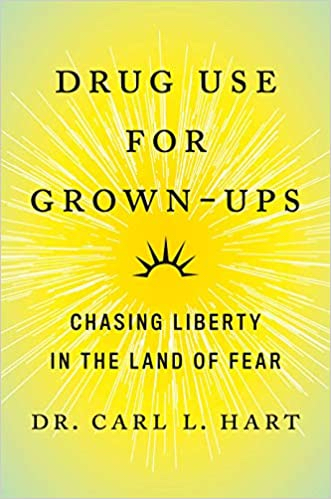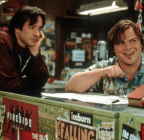The Guy List: Dr. Carl Hart, author of Drug Use for Grown-Ups

What do you do when a super-credentialed research scientist writes a positive book on the pursuit of pleasure? You buy it, hold its words deep in your brain—then exhale. And if you like it, you tell your friends. Dr. Hart is an guide to pursuit of functional pleasure. Tweet
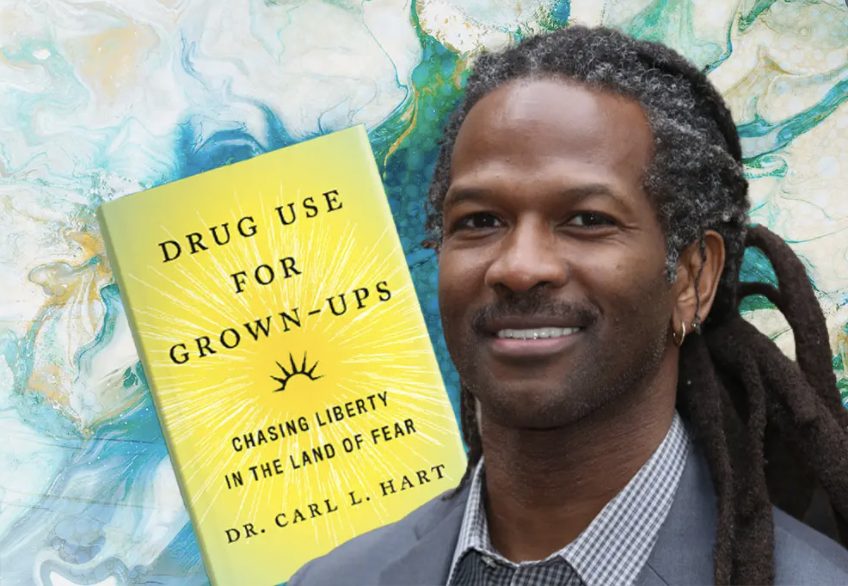
Highlights
Knowledge is Pleasure.
This is not a book, or way of life, for a human factory set, and stuck, on dumb-ass.
Your idiocy justifies government meddling in the lives of the Functional.
In your dumb-ass-defense, the science has been silent about offering good—do it well—advice.
Why he’s one of us:
In his own words, from the author the book Drug Use for Grown-Ups:
“I am an unapologetic drug user. I take drugs as part of my pursuit of happiness, and they work. I am a happier and better person because of them. I am also a scientist and a professor of psychology specializing in neuroscience at Columbia University, known for my work on drug abuse and addiction. It has taken me more than two decades to come out of the closet about my personal drug use.”
“What do you do when a super-credentialed research scientist writes a positive book on the pursuit of pleasure? You buy it, hold its words deep in your brain—then exhale. And if you like it, you tell your friends.”
– Guy Shepherd
But the title of the book is deceptive, because it’s not just about him, as a “scientist and a professor of psychology specializing in neuroscience at Columbia University,” using drugs for pleasure and happiness. It’s not just about him giving you his blessing for you to take drugs for your own pleasure and happiness.
As Guy Shepherd explains in this PM story, the book is also about civil rights:
“The bigger idea at work in this book—above conveying all we ever wanted to know about drugs and their effects but were afraid to ask—is the grown-up truth about whether drugs will set black men free. Dr. Hart makes a compelling case that thinking improperly or sensationally about drugs has a disparate impact on black and brown American men.
Who is this guy?
Dr. Carl L. Hart is the Ziff Professor of Psychology in the Departments of Psychology and Psychiatry at Columbia University. He is also a Research Scientist at the New York State Psychiatric Institute. He was raised by his single mother, who was separated from his abusive father, in a suburb of Miami that is often considered one of the most dangerous neighborhoods in the US. He was a small-time gun-toting drug dealer as a teen, as well as a drug user. After high school, he went into the Air Force and that became his gateway for higher education from Bachelor of Science degree to Ph.D. in psychology/neuropsychology. His area of expertise is neuropsychopharmacology. For years, he did research on drug abuse and addiction and was certain that the harmful effects of drugs, even marijuana, far outweighed any benefits.
But then, a fellow scientist sucker-punched him while he delivered a presentation to a group of his peers:
From Drug Use for Grown-Ups:
I myself had long been guilty of focusing almost exclusively on the harmful effects produced by drugs, including marijuana. In the above experiment, for example, I didn’t even consider the fact that cannabis might not produce negative effects on mental performance, let alone that it might produce positive ones. In June 2000, I was invited to give a talk at a meeting of the Behavioral Pharmacology Society. My study had not yet been completed, but preliminary data were showing that the drug produced virtually no disruptive effects on the complex mental abilities (e.g., reasoning and abstraction) of regular users and that it even improved performance on a test of vigilance. And in terms of mood, the drug produced euphoria and pleasurable feelings.
Never mind: at the conclusion of my talk, I virtually ignored any beneficial effects and speculated that perhaps had I given participants multiple marijuana cigarettes prior to testing their mental functioning, I would have observed more cognitive disruption. Dr. Jack Bergman, a Harvard Medical School–based psychobiologist, asked me a reasonable follow-up question: “Is it possible that marijuana, at euphoric doses, is without effect on cognitive flexibility, mental calculation, and reasoning, at least in this group of subjects?”
I was so utterly focused on the harmful effects of drugs that I couldn’t see this as a possibility, even though it was exactly what the data were showing. Stumped, I managed to babble on about the possibility of including more complicated test measures in future studies.
Jack’s question would continue to nag at me. More and more, I came to realize that drug-abuse scientists, especially government-funded ones, focus almost exclusively on the detrimental effects of drugs, even though these are, in fact, a minority of effects. This has had a damning impact on how so-called recreational drugs are regulated and inevitably on your own decision as to whether or not to partake of them.
Why “No shit!” may be the proper response to all this:
- What if Dr. Carl Hart is right about drugs like weed, cocaine, amphetamines, and all the club drugs?
- What if, instead of being dangerous and harmful, those drugs will actually make you a happier, better person?
- In fact, as an expert on neuropsychopharmacology, he readily admits that heroin is among the drugs he uses recreationally.
- So what if we’ve all been sold a bill of goods about the dangers these drugs pose to us both as individuals and as a society?
- In fact, what if it turns out that it’s been the drug policy and scares that have been harmful for society, not the drugs themselves.
Whether you agree with Dr. Hart’s conclusions or not, his book should be read to at least give consideration to the ideas he presents.
More From Dr. Carl Hart
